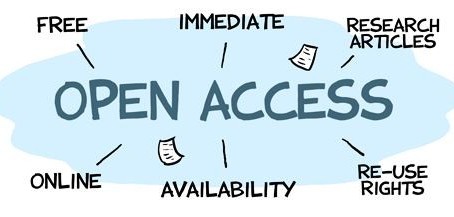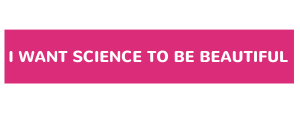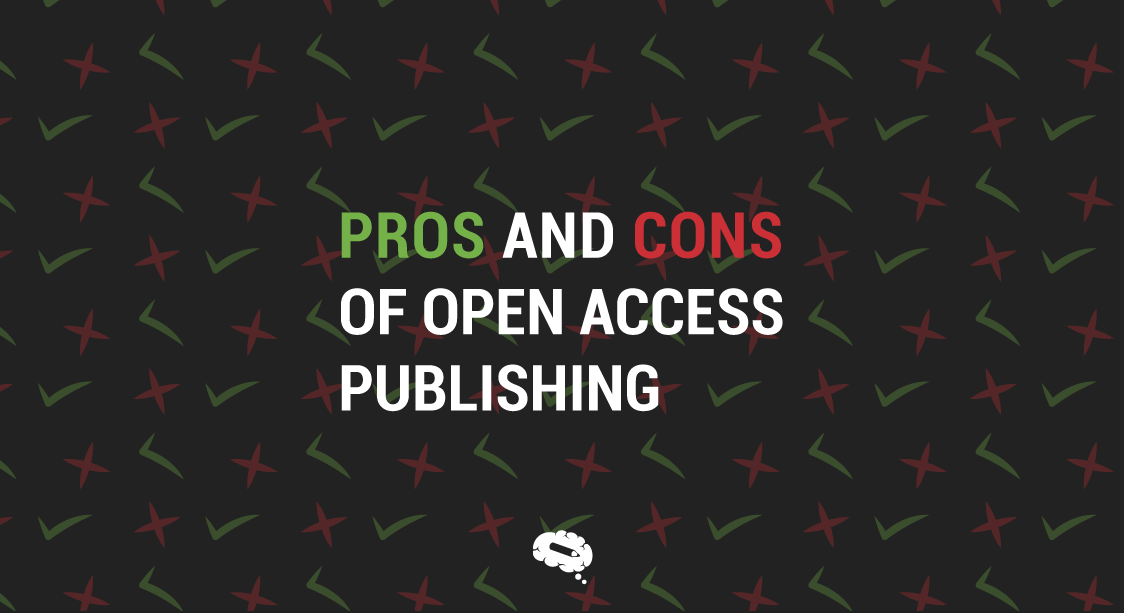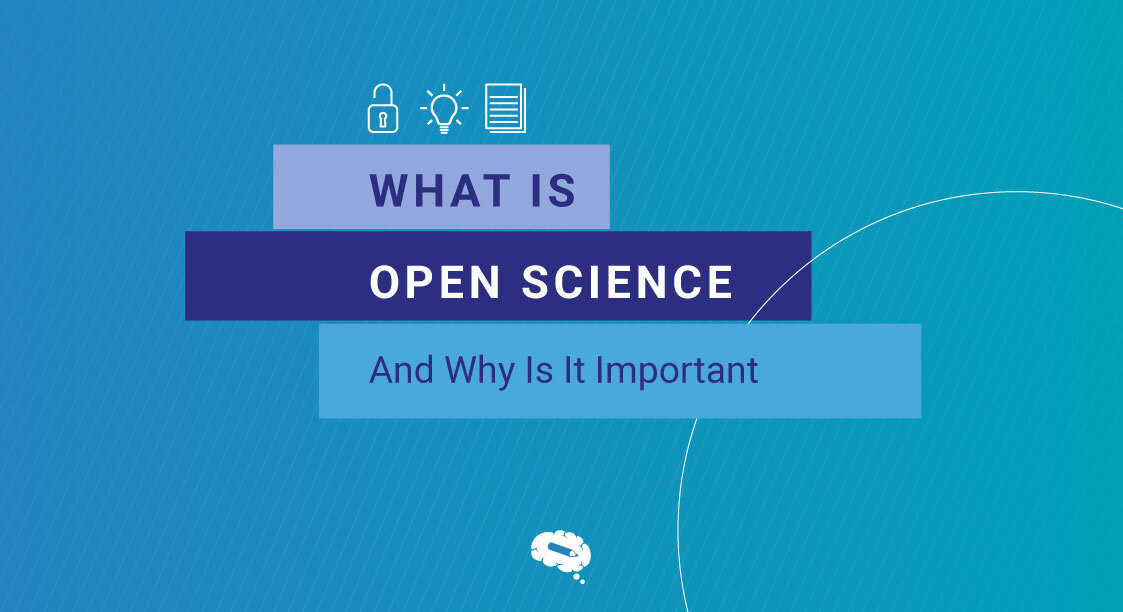One of the biggest discussions in the scientific world is the open access to scientific data. As researchers, we feel the pain of willing to read a paper and not having free access to it. Even though many universities provide open platforms, a pirate market still exists for scientific information.
Buying scientific papers may not sound so odd when we take into account that it is a piece of work. It is a final product developed by a group of researchers during years of study. Nevertheless, the idea of charging for information contradicts the purpose of doing and communicating science.
For this reason, many countries have changed their politics for the past years and got adapted to the open access process. The thing is that, there are still many influential science platforms that do not agree in joining a more free format. Actually, not only some countries were against the idea of open access, but whole continents such as Europe did not joined this logic to the present day.
On May 27th, the Netherlands EU Presidency of 2016 made an announcement about Europe changing their opinion about open access:
“All scientific articles in Europe must be freely accessible as of 2020. EU member states want to achieve optimal reuse of research data. They are also looking into a European visa for foreign start-up founders. And, according to the new Innovation Principle, new European legislation must take account of its impact on innovation. These are themain outcomes of the meeting of the Competitiveness Council in Brussels on 27 May.”
The news caused a buzz in the scientific world. In one hand, it is amazing to see traditional countries making progress in science communication. However, there is a major criticism towards the proportion of this announcement. The argument is that other countries have changed the access to scientific information in the past and Europe is only doing what they should have done years ago. No big deal.
Regardless the ego conflict, it is exciting to see science communication progressing. The open access format helps researchers to colaborate and exchange data. It is a win-win deal for science communication improvement!
You don’t know what open access is? No worries, check out this amazing video explaining it with comics:

Subscribe to our newsletter
Exclusive high quality content about effective visual
communication in science.





